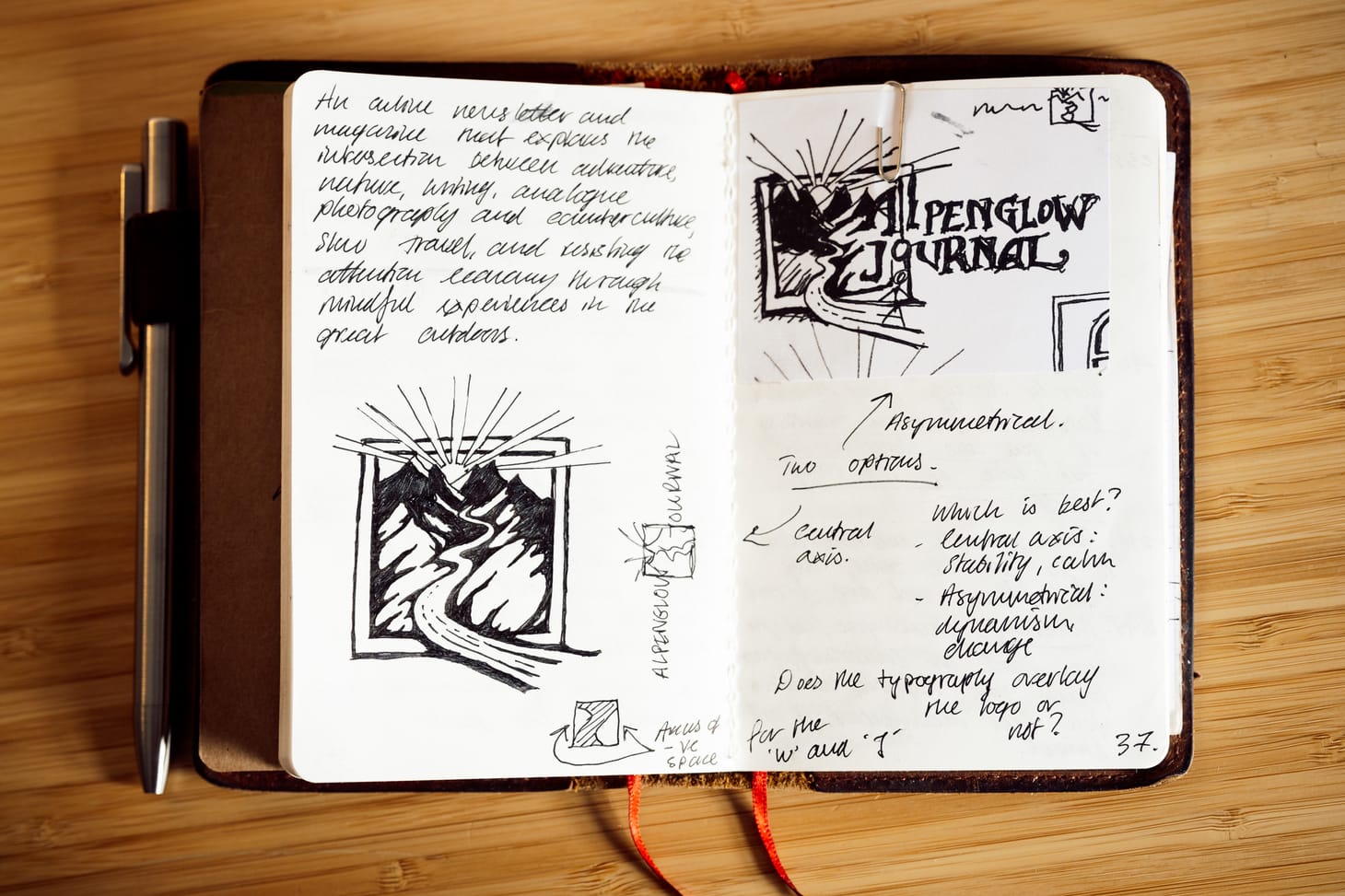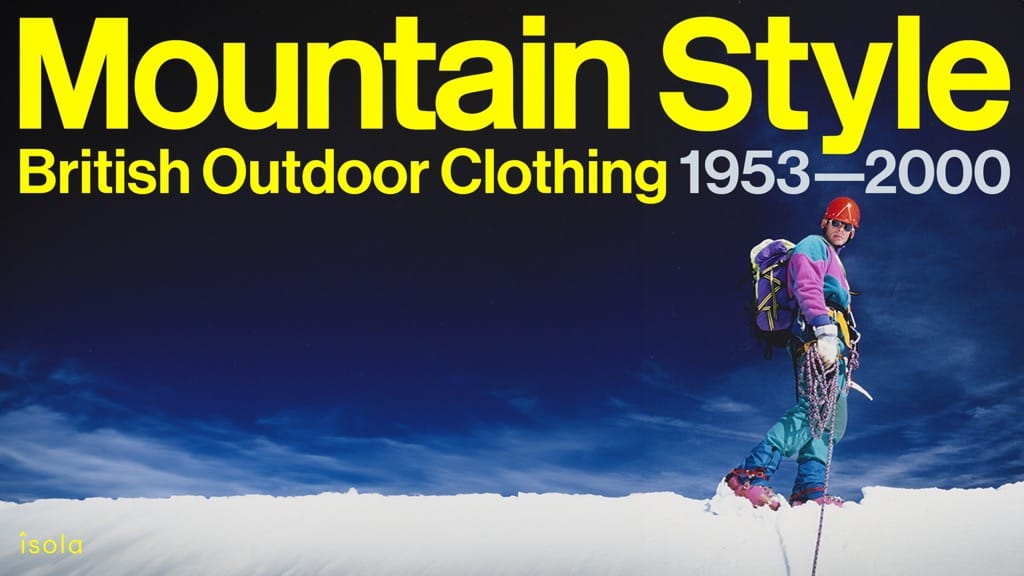Amazon deleting reviews – the plot thickens
Amazon is deleting book reviews: this is a well-documented fact. Up until now it was understood that Amazon’s bots have been stealthily erasing any reviews that they think* fit the following criteria:
- Sock puppetry (ie. fake reviews written by the author using a second account);
- Biased reviews written by friends and family;
- Reviews written by other authors.
The first category is fair enough. Nobody benefits from sock puppetry in the long run; it’s just cheating the system, and Amazon is quite right to stamp out. It’s also true that gushing 5* reviews from family members are not always helpful and can skew results. However, deleting reviews from other authors is going too far: writers are readers too, and it’s good to have a support network of authors who help each other out by reading each other’s books and posting honest, constructive reviews.
Demanding exclusivity
Today I discovered that my number of total reviews for The Only Genuine Jones has dropped from 18 down to 17. I soon discovered that the review which had been deleted was a particularly fine 5* rating, including the rather magnificent phrase “one of the most anticipated books in mountaineering circles in recent years.”
I have no personal connection with the reviewer and, as far as I am aware, he or she is not an author. “MLC” is simply a reader who loved my book and took the time to post an excellent and heartfelt recommendation. Such readers are the lifeblood of every author’s career, particularly in the crucial first few months.
Why was it deleted? Because I quoted the review on my website.
Until recently, this review took pride of place in the “From fans” section on my front page, and is also quoted on the OGJ page on this site. It has been pointed out that Amazon’s guidelines state that “reviews that are not your own original work or have been previously published elsewhere” count as “inappropriate content”
What does this mean? Amazon wants exclusivity; they want to make sure that reviews posted on their site are not quoted elsewhere. I don’t think I’m alone in saying that this is unjustified.
What are reviews for?
When readers search for a book, they expect to see a range of honest reviews, and these opinions will help them make the crucial choice of whether or not to purchase it. Bad reviews will reveal a bad book for what it truly is, and likewise, a large number of good reviews will boost a good book. Readers also expect to see reviews quoted on an author’s website. It helps to build up an aura of respectability and authority for the author, something particularly important if you aren’t well known or established. As authors, we need to be able to take quotes from good reviews and post them on our websites.
Fortunately Goodreads provides a vibrant, independent community where people can look for reviews without meddling from Amazon! Oh wait, Amazon just bought them. So we can’t consider Goodreads reviews to be safe for much longer. Shelfari is also owned by Amazon.
The road ahead
I think it’s got to the point where we need to figure out how to protect ourselves from Amazon’s interference. The company is starting to become a little too zealous in their mission to stamp out sock puppetry. Perhaps the acquisition of Goodreads indicates that Amazon is trying to learn and become more balanced and fair in how it deals with reviews, but I worry that it is simply another move to assert dominance and control over the entire book industry. It’s a little ironic that Amazon has provided thousands of authors with a way of reaching audiences they could not have reached before, and yet now it is starting to clamp down on our new-found freedom.
I still think that Amazon are, on balance, a force for good … but we need to remember that they are a voracious business first and foremost, driven by numbers and profit margins, not a love for books. The indie publishing world is changing day by day and we have to be agile enough to adapt. Unfortunately at this point I don’t have an answer; the only thing I can say for certain is that I will be very cautious before quoting a review on my site from now on.
Authors: any ideas on how we should react?
UPDATE 12th of April
Amazon have now restored the review in question without comment.
Alex Roddie Newsletter
Join the newsletter to receive the latest updates in your inbox.



